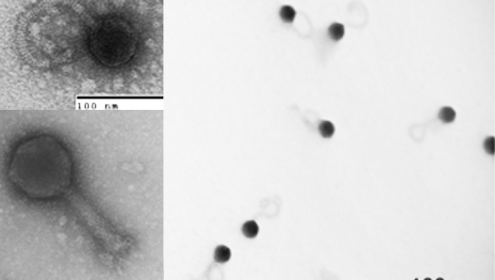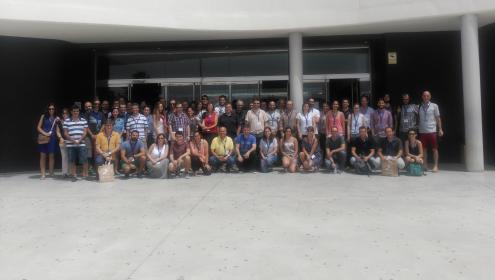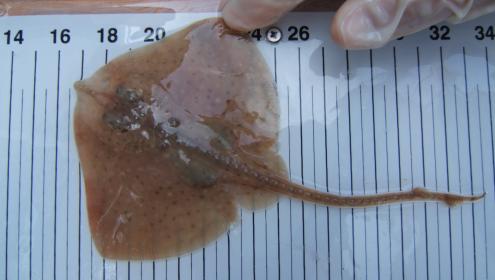LATEST TOPICS
Scientific news
Genetic biodiversity of the Liocarcinus depurator crab –known as false swimcrab or soup crab- varies over the years and responding to the Atlantic water entering in the Mediterranean, according to a study published in the journal Scientific Reports and directed by Professor Marta Pascual, from the Department of Genetics, Microbiology and Statistics and the Biodiversity Research Institute (IRBio) of the University of Barcelona.
The smallest type of ocean microorganisms, viruses, apart from very abundant, are much more diverse than previously thought and are mediators and modulators of oceanic biogeochemical essential functions, as shown by researchers of the Institute de Ciències del Mar a Barcelona, CSIC, in a study led by the Ohio State University (USA). The study is published today in the journal Nature.
The ICM Instrumentation Service has recovered two of the buoys that were let out in 2013, in thre frame of the SPURS campaign. The project’s objective was focused on the processes responsible for the formation and maintenance of the salinity maximum associated to the North Atlantic subtropical gyre. During the campaign, researchers from de ICM together with NASA members, let out a sum of 50 buoys, 10 Spanish and 40 North Americans, to study the atmosphere-ocean interphase.
Inscriptions for the online course “Oceanography: a key to better understand our world” are now open. This course is organized by the University of Barcelona and participates as a teacher Jordi Salat, from the Physical Oceanography and Technology department, together with Jordi Serra from the Group of Marine Geosciences. This free course is available in Coursera, a web platform specialized in Masive Open Online Courses (MOOC).
From 20th to 22nd of July, the fourth Spanish Physical Oceanography Meeting (EOF2016) was celebrated in the University of Alicante, organized by the universities of Alicante, polytechnic of Catalunya, Las Palmas of Gran Canaria and Vigo, together with the State Harbour and the Institute of Marine Science.
The International Union for Conservation of Nature (IUCN) has recently updated the Red List of Threatened species, including the endemic Mediterranean starry ray Raja asterias in the list of Near Threatened species.
Awareness about this specie has raised in recent years and this new evaluation of the UICN, taking into account latest data available for this specie, has determined its change of category from ‘Least Concern’ to the next category ‘Near Threatened’.



